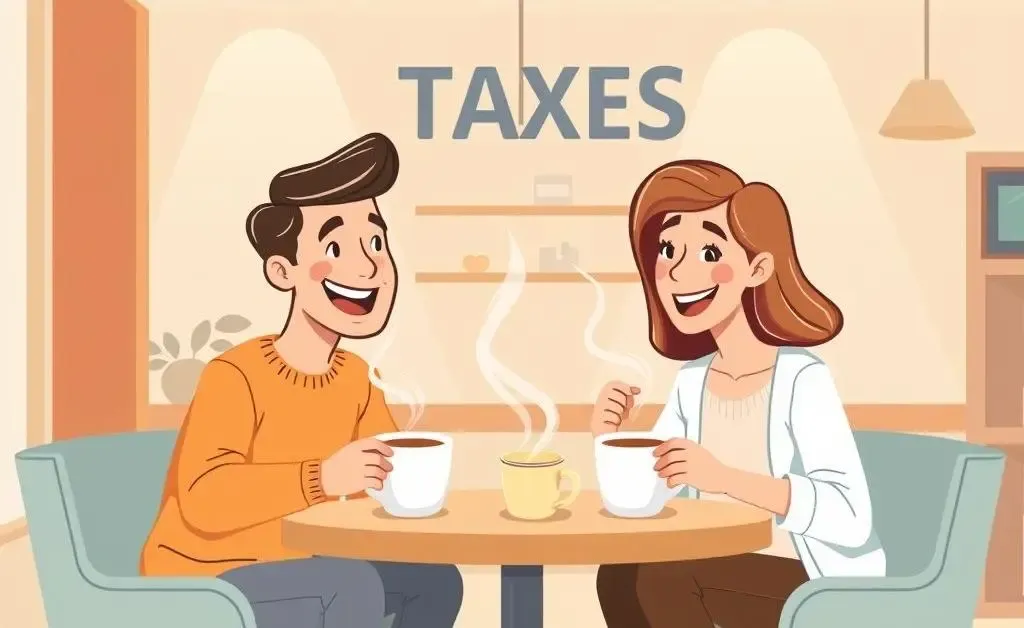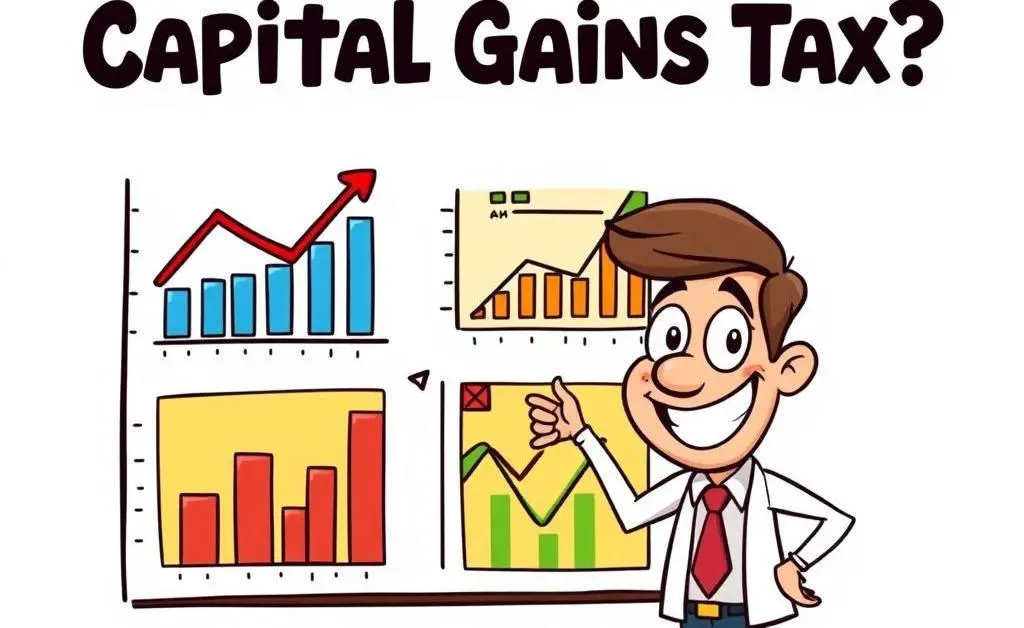Why Capital Gains Tax is More Than Just a Tax on Investment Profits
Explore why capital gains tax affects more than just investment earnings.

Here's a puzzle for you: Why does the capital gains tax stir up so many discussions? If you've ever dipped your toes into investing, you've probably heard about it. It's one of those financial terms that seem a bit daunting but doesn’t have to be. In this post, we'll unfold the mystery behind capital gains tax and why it's more than just a tax on your investment profits.
Understanding Capital Gains Tax
Let's put it simply. Capital gains tax is what you pay on the profit made from selling an asset. The assets could be anything from stocks, bonds, collectibles, or property. If you made money from the sale, the taxman wants a cut.

Why is Capital Gains Tax Necessary?
You might wonder why such a tax even needs to exist. Here's the deal:
- Redistribution: It helps redistribute wealth by ensuring that those who make money from investments pay their fair share.
- Revenue for Public Services: It contributes to government revenue, which helps fund national needs and services.
- Economic Balance: Taxing profits discourages speculative bubbles, helping maintain economic stability.
The Broader Implications
Now that we know the basics, let's look at a relatable scenario. Meet Jim, an everyday investor who was thrilled to sell his shares for a profit last year. When tax season rolled around, a portion of his earnings went to capital gains tax. While initially skeptical, Jim realized that the tax helped fund his kid’s public school and local parks. Suddenly, the tax had a face—his community.

How to Strategize
If you're keen to lessen the impact of capital gains tax, consider these steps:
- Hold Investments: Keep your investments longer, as long-term capital gains are taxed at a lower rate.
- Offset Gains: Use losses from a couple of losing investments to offset your gains and, therefore, your taxes.
- Tax-Efficient Accounts: Use retirement accounts such as IRAs and 401(k)s that have favorable tax treatments.
Another friend, Lisa, decided not to sell her shares for a quick buck but let them grow over time. By playing the 'long game,' she benefited from lower tax rates on long-term gains.

The Takeaway
Capital gains tax often feels like a snag in your financial plans, but understanding its purpose can make it easier to stomach. Besides, the taxes you pay can come back to benefit you and your community in unexpected ways.
What's your view on capital gains tax? Have you found a strategy to manage it well? Dive into the comments below!




